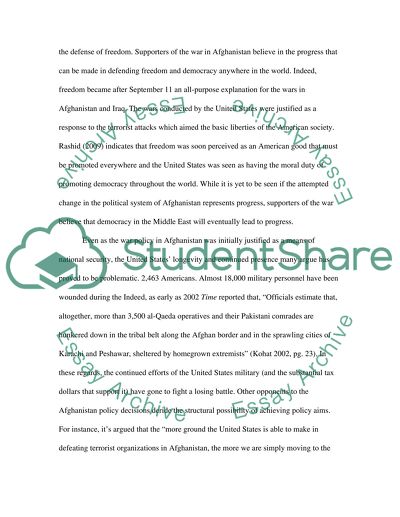Cite this document
(“The Fear that the American People has lived with after 9/11 Research Paper”, n.d.)
Retrieved from https://studentshare.org/english/1429842-the-fear-that-the-american-people-has-lived-with
Retrieved from https://studentshare.org/english/1429842-the-fear-that-the-american-people-has-lived-with
(The Fear That the American People Has Lived With After 9/11 Research Paper)
https://studentshare.org/english/1429842-the-fear-that-the-american-people-has-lived-with.
https://studentshare.org/english/1429842-the-fear-that-the-american-people-has-lived-with.
“The Fear That the American People Has Lived With After 9/11 Research Paper”, n.d. https://studentshare.org/english/1429842-the-fear-that-the-american-people-has-lived-with.


